Educational Ministry & Neurodiversity
Princeton Theological Seminary
Spring 2021
How can ministry leaders foster healthy environments for persons of various neurotypes, including those with learning disabilities, ADHD, autistic spectrum conditions, intellectual disabilities, and emotional and behavioral challenges? The course aims to provide Christian educators with conceptual tools and practical skills for educational ministry that supports various strengths and abilities and cultivates caring Christian communities.
Course Overview
Unit 1 | Neurodiversity, Inclusive Education, and Strengths-Based Pedagogy
This unit provides a foundation for understanding the history of neurodiversity, the reception of the concept, and the importance of human experience. Students will explore theories of inclusive education and approaches to strengths-based pedagogy. Drawing on these ideas, students will critically reflect on the learning environments within their own Christian tradition.
Select Content
Thomas Armstrong, “The Myth of the Normal Brain: Embracing Neurodiversity.” AMA Journal of Ethics 17, no. 4: 348-352
Baglieri and Shapiro, Disability Studies and the Inclusive Classroom. Routledge, 2017. (Select chapters)
Della Sala and Anderson, Neuroscience in Education: The Good the Bad and the Ugly. Oxford, 2012. (Select chapters)
Temple Grandin, “The World Needs All Kinds of Minds”, TED Talk, 2010
Topics
Neurodiversity: History, Reception, and Human Experience
Inclusive Education: An Art or a Science?
Strengths-Based Pedagogy
Unit 2 | Diversity, Disability, and Inclusivity in Theology and the Teaching Ministry of the Church
This unit explores theological frameworks for understanding diversity, disability, inclusion, and belonging. Students are equipped to reflect on their own theological frameworks and encouraged to begin to develop a vision of educational ministry in which all people belong and differences are celebrated.
Select Content
Brian Brock, Wondrously Wounded: Theology, Disability, and the Body of Christ. Baylor, 2019. (Select chapters)
Eric Carter, Including People with Disabilities in Faith Communities. Brookes, 2007. (Select chapters)
Benjamin Conner, Disabling Mission, Enabling Witness: Exploring missiology through the lens of disability studies. IVP Academic, 2018. (Select chapters)
Rachael Keefe, The Lifesaving Church. Chalice Press, 2018. (Select chapters)
Erin Raffety, “From Inclusion to Leadership: Disabled “Misfitting” in Congregational Ministry.” Theology Today 77, no. 2: 198-209
Topics
Theological Frameworks for Diversity, Disability, and Inclusivity
Belonging and the Teaching Ministry of the Church
Unit 3 | Curriculum Design and Teaching Methods with Neurodiversity in Mind
This unit is focused on concrete ideas for designing curriculum, writing lesson plans, and cultivating teaching skills in the context of educational ministry. Students get a chance to design original lesson plans and curriculum units, paying close attention to their own ministry contexts and co-learners.
Select Content
Thomas Armstrong, Neurodiversity in the Classroom: Strength-Based Strategies to Help Students with Special Needs Succeed in School and Life. ASCD, 2012.
Claire Howell Major, Michael S. Harris, and Todd Zakrajsek. Teaching for Learning: 101 Intentionally Designed Educational Activities to Put Students on the Path to Success. Routledge, 2015. (Select chapters)
Bruce Joyce, Marsha Weil, and Emily Calhoun. Models of Teaching. 9th edition. Pearson, 2015. (Select chapters)
How Autism Feels, From the Inside | NYT Op-Docs — a short documentary about the experience of Jordan Kamnitzer, directed by Joris Debeij
Erin Raffety and Stuart Carroll, “From Charity to Classroom Co-Learning: Togetherness in the Spirit as a Model for Experiential Education with People with Disabilities.” Journal of Disability & Religion 25, no. 3: 312-328
Susan Swanson, “Experiential Religion: A Faith Formation Process for Children with Autism.” Journal of Religion, Disability & Health 14, no. 3: 238-255
John Swinton, Finding Jesus in the Storm: The spiritual lives of Christians with mental health challenges. Eerdmans, 2020. (Select chapters)
Topics
Learning Disabilities
ADHD
Autism Spectrum Conditions
Intellectual Disabilities
Mental Health Challenges





